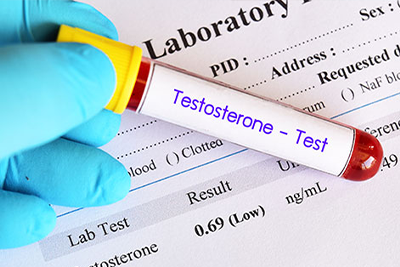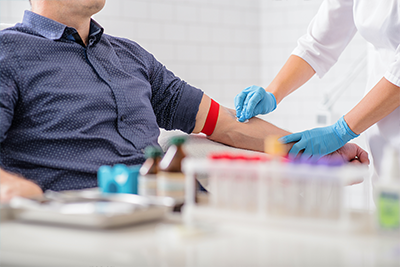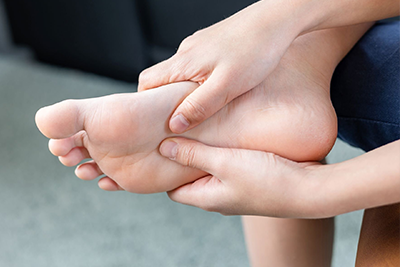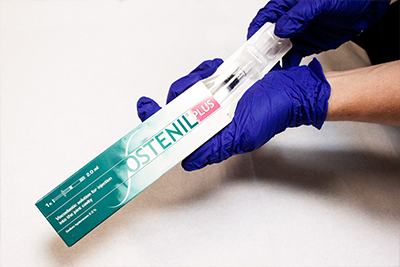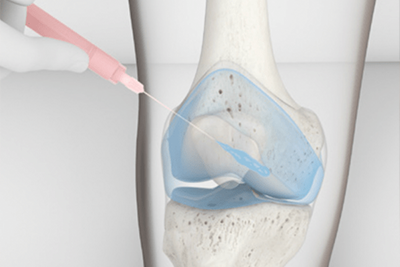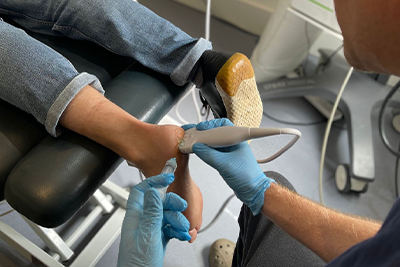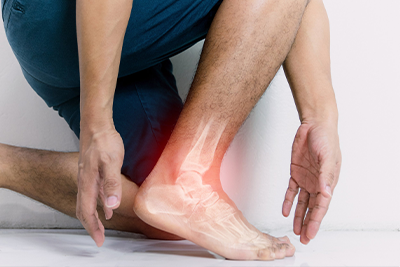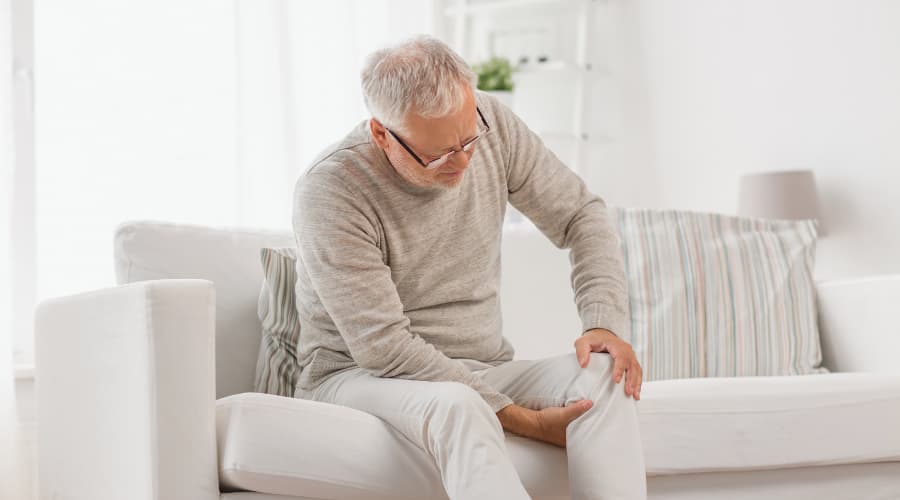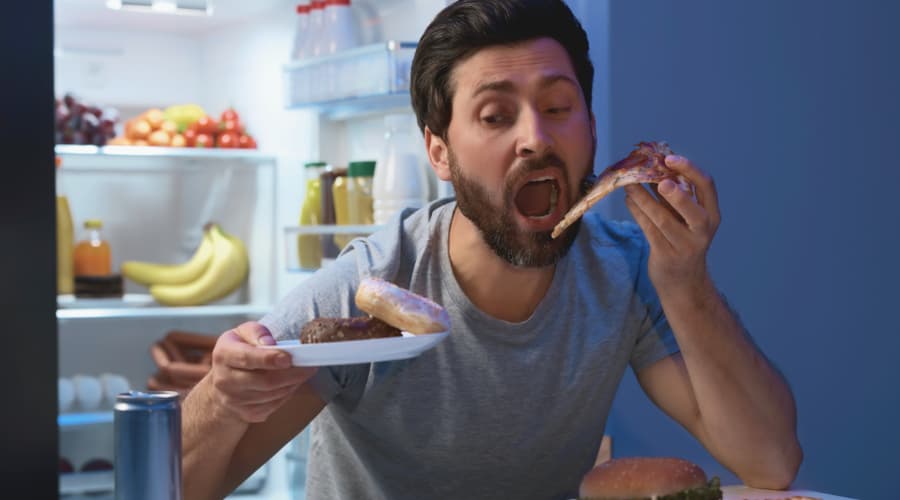Emergency
For severe trauma contact: 999
If the illness or injury is life-threatening, don’t hesitate – call 999 straight away
You should contact a GP or 111 if you are experiencing any of these symptoms with your back pain:
- numbness or tingling around your genitals or buttocks
- difficulty peeing
- loss of bladder or bowel control
- chest pain
- high temperature
- unintentional weight loss
- swelling or a deformity in your back
- it does not improve after resting or is worse at night
- started after a serious accident, such as after a car accident
- the pain is so bad you’re having problems sleeping
- pain is made worse when sneezing, coughing or pooing
- the pain is coming from the top of your back, between your shoulders, rather than your lower back
Call NHS 111 when you need medical help fast, but it’s not a 999 emergency
NHS 111 can also arrange an out of hours GP.
Hospitals
Tunbridge Wells Hospital
Address: Tonbridge Rd, Royal Tunbridge Wells, Tunbridge Wells TN2 4QJ
Tel: 01622 729000
Maidstone Hospital
Address: Hermitage Ln, Maidstone ME16 9QQ
Tel: 01622 729000
Minor Injury Units
Crowborough War Memorial Hospital
Addres: Southview Cl, Crowborough TN6 1HB
Tel: 01892 652284
Edenbridge War Memorial Hospital
Address: Mill Hill, Edenbridge TN8 5DA
Tel: 01732 862137
Sevenoaks Hospital
Address: Hospital Rd, Sevenoaks TN13 3PG
Tel: 01732 470200
Uckfield Hospital
Address: Framfield Rd, Uckfield TN22 5AW
Tel: 01825 769999
Back Pain After Care
Chiropractors specialise in assessing, diagnosing and managing conditions of the spine. They are highly trained in finding the cause of pain in the spine. In the UK they undergo a minimum of four years’ full-time training. Importantly, chiropractors are regulated by law and must work within strict professional and ethical boundaries.
Before starting treatment for back pain, a chiropractor will do a full assessment. This will involve taking details about your condition, current health and medical history, and performing a physical examination. Sometimes it may be necessary to refer you for other tests, such as X-rays, MRI scans or blood tests. It is important for your chiropractor to gather as much information about your back pain as possible so that the most precise diagnosis can be made.
Your chiropractor will then explain what is wrong, what can be done and what you can expect from chiropractic treatment.
If your chiropractor does not think you can be helped by chiropractic treatment, you may be referred back to your GP or to another health professional. Chiropractors do not prescribe medication, so if this is needed, you may be referred back to your GP. As chiropractors support a joined-up approach to care, they may ask if they can send a brief report to your GP.
Many people who suffer long-term back pain benefit from regular, supportive chiropractic care to reduce the risk of recurrent episodes.
Related Articles
- Back Pain FAQs
- Back Pain Myths
- Managing your Back Pain
- Sciatica – Information & Treatment
- Will Exercise and Moving About Make Your Chronic Back Problem Worse?


